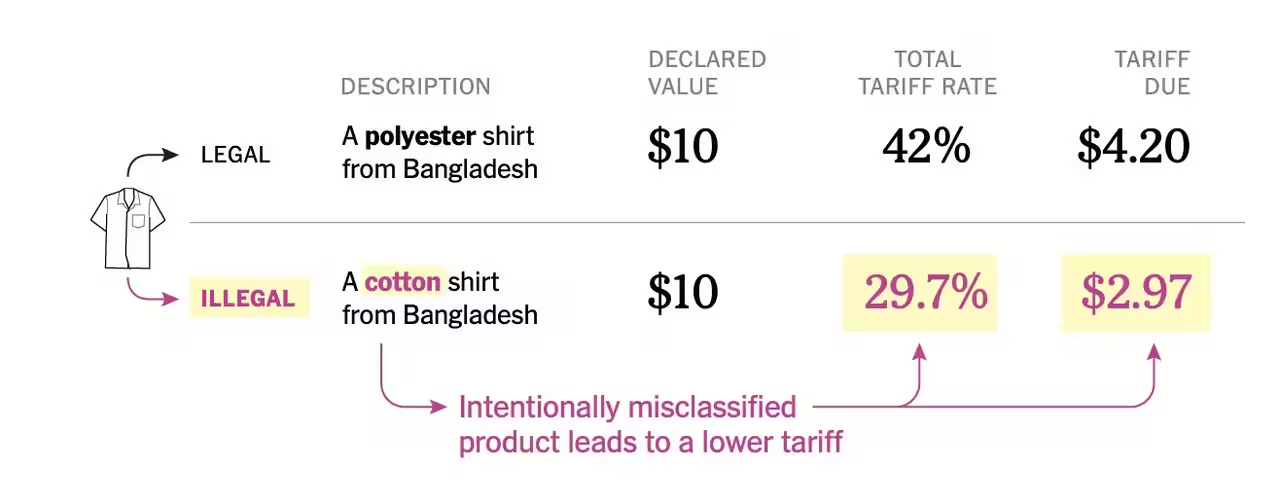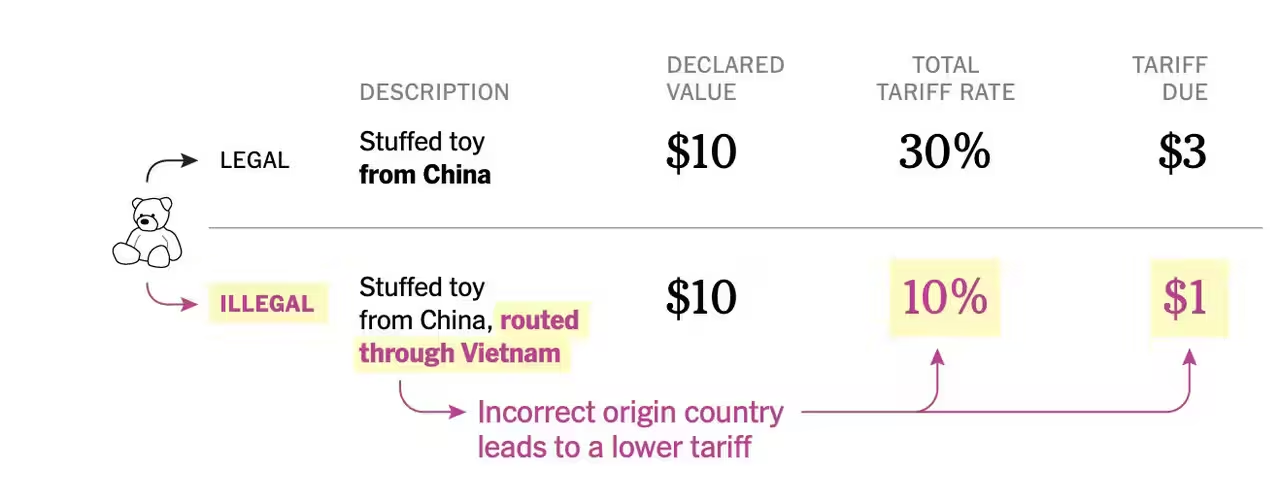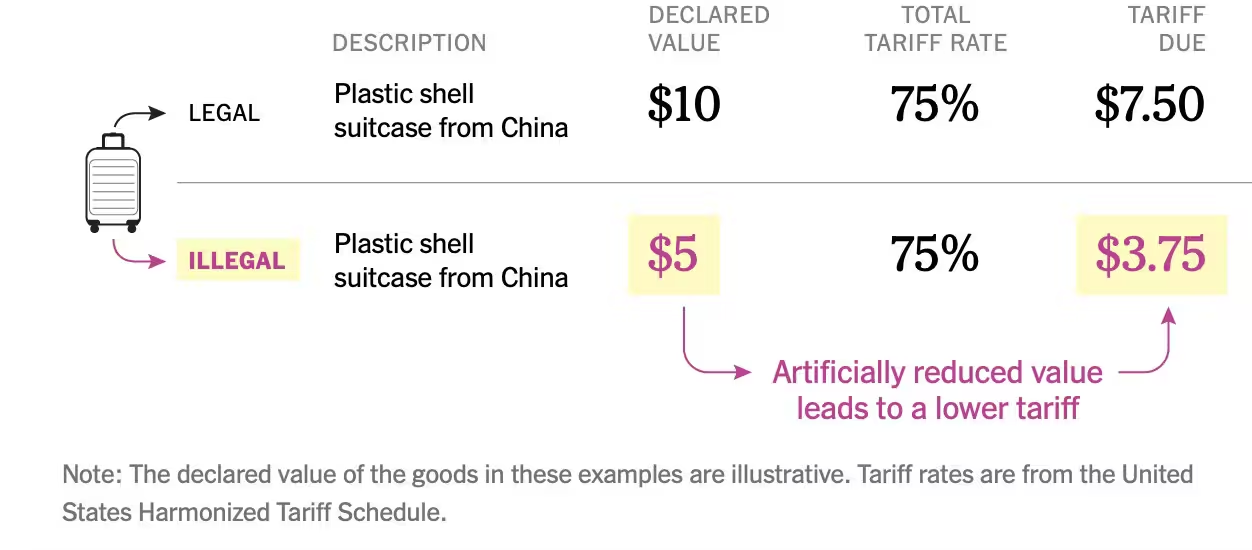Canada's crude oil shift to China schools Trump in unintended consequences
By
Clyde Russell
May 22, 20257:59 AM EDT
Updated 4 days ago
Commentary By Clyde Russell
An aerial view shows a crude oil tanker at an oil terminal off Waidiao island in Zhoushan, Zhejiang province, China January 4, 2023. China Daily via REUTERS/File Photo
Purchase Licensing Rights
, opens new tab
LAUNCESTON, Australia, May 22 (Reuters) - If there is a law of unintended consequences, then a good example is how commodity markets are adjusting to both the realities and the perceived threats of the tariff war launched by U.S. President Donald Trump.
Trump's trade and tariff measures have forced commodity producers, traders and buyers to re-think long-established relationships, adapt to emerging realities and try to predict what may happen.
The Reuters Tariff Watch newsletter is your daily guide to the latest global trade and tariff news. Sign up
here.
What is becoming clear is that commodity markets are adjusting not only to actual measures imposed by the Trump administration, but also to the possibility of future actions, which has created a desire to limit exposure to the United States.
An example of this is seaborne exports of crude oil from Canada, which have
shifted away from the United States and towards China, even though Trump backed away from his initial plan to impose a 10% tariff on energy imports from Canada.
For the first time ever Canada exported more seaborne crude to China in April than it did to the United States, showing how market dynamics can move amid the uncertainty created by Trump's trade war.
Canada's seaborne exports of crude to China were 299,000 barrels per day (bpd) in April, up from 277,000 bpd in March, according to data compiled by commodity analysts Kpler.
Seaborne shipments to the United States were 286,000 bpd in April, roughly in line with March's 283,000 bpd but down from the record of 431,000 bpd in September last year.
To be sure, the above numbers reflect only oil moved by vessels and don't account for the far larger flows of Canadian crude into the United States via pipeline and rail.
Canada sends about 4 million bpd of crude to its southern neighbour via pipelines, and while the volumes have been steady, prices have shifted in Canada's favour, reflecting another unintended consequence of Trump's often chaotic policies.
The discount of Western Canadian Select crude to U.S. West Texas Intermediate has narrowed to the lowest in about 4-1/2 years at just over $9 a barrel, dropping from levels closer to $30 as recently as November.
This reflects another dynamic that Trump probably didn't expect, as his sanctions on Venezuelan oil, which like Canadian crude is heavy, reduced the amount of this grade available to U.S. refiners.
This means that Canadian crude is more in demand in the United States, and U.S. refiners are having to pay more.
The rising price for Canadian crude brings into question the view that Canada was far more dependent on the United States than vice versa.
It now seems that the United States is actually quite dependent on Canadian crude, especially if Trump has limited the suitable alternatives with sanctions.
Canada crude oil exports to the US, China
SEABORNE SHIFT
The advantage also seems to be with Canada when it comes to seaborne exports.
Canada has lifted its seaborne crude exports since the Trans Mountain pipeline
expansion came on line in May last year, which increased its capacity to 890,000 bpd.
It has been expected that the bulk of this oil would be shipped to refiners on the U.S. West Coast, and initially that is how it played out.
But once Trump returned to the White House in late January and upped both his rhetoric and actions against his northern neighbour and erstwhile close ally, Canada's seaborne oil flows have shifted.
Even though Trump backed down on imposing any tariff on energy imports from Canada, the damage has largely been done, with Canadian oil producers keen to develop alternative markets.
Hence the interest in China, the world's biggest oil importer, which has also been keen to increase the diversity of its suppliers in a bid to lessen its dependence on oil from the OPEC+ group of exporters.
China has also effectively halted importing crude from the United States amid the escalation in tariffs imposed by Washington and Beijing since Trump's return.
While those tariffs have been lowered for a 90-day period to allow for talks, China is still imposing a 10% levy on U.S. oil imports, which is high enough to render U.S. oil uncompetitive in China.
No U.S. crude is scheduled to arrive in China in May and June, according to Kpler, while as recently as June last year China imported 417,000 bpd from the United States.
It's not that China is replacing U.S. crude with Canadian, as they are different grades. It's that China is being dynamic in its oil trade, and is finding willing partners such as Canada.
The views expressed here are those of the author, a columnist for Reuters.
All that talk about bringing back manufacturing when all it did was manipulate the stock market.











